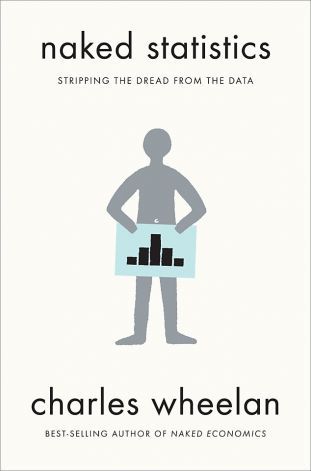Laughter comes from many places and takes many forms. That passenger on the bus is chuckling at a well-written quip in a good novel. The giggling fit from the other room is your family reacting to the hero of an action-comedy making a pratfall. Raucous laughter reverberates through the house at 3 am as you watch yet another YouTube video starring a funny animal. We all enjoy a good laugh*, and sometimes we’re okay with brainless cat videos*2; other times, we want our laughter to come with a side of enlightenment, or at least a new factoid we can use to impress our friends.
Before I get into the funny books*3, I’d like to draw attention to Ha! the Science of When We Laugh and Why by Scott Weems, which examines exactly what it promises with that title. It isn’t a funny book in and of itself; sure, there are jokes scattered throughout, but they’re there to support the book’s scientific approach to humour. Besides exploring what makes us laugh, Weems also examines what laughter does to our brains. Did you know that “getting” a joke fires the parts of our brain that deal with conflict resolution? Or that laughter therapy is a legitimate treatment in hospitals*4? It also lightly touches on how humour changes across cultures around the world. While it’s a pop-sci style book, don’t go into this one expecting a light and breezy read, as Weems doesn’t shy away from getting technical. This book won’t make you funnier or draw out a hearty guffaw, but it will help you understand why you’re laughing at the next couple of books.
Continue reading
